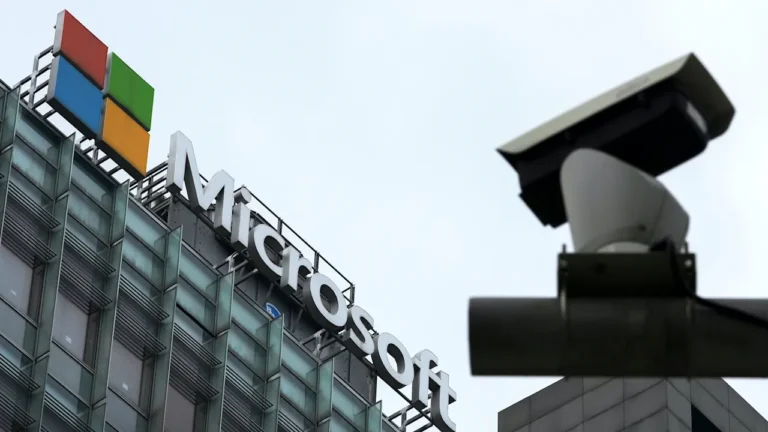
Every office has that coworker that turns up to a meeting coughing and sniffling while proudly proclaiming they have never once taken a sick day in their career. (If there isn’t one, maybe it’s you.)
But as one viral TikTok makes clear, those attitudes towards taking sick days may be changing—just as sick days themselves are changing, as some think being sick isn’t a real excuse to not work in the WFH era.
The skit—which has more than 2.3 million views—sees popular TikTok creator Delaney Rowe adopting the role of that coworker, turning up to a meeting with a hospital tag still on wrist, oh-so bravely battling through the workday while simultaneously making it everyone else’s business.
“Person you work with who thinks they’re a hero for ‘powering through’ while sick,” she wrote.
The days of “powering through” are now gone, as nearly a third of Americans say they’d rather you didn’t show up to work if you’re feeling sick, according to a new Talker Research survey of 2,000 people in the US. Many in the TikTok post’s comments agreed.
“I get so mad when people risk ME getting sick,” one wrote. “Get away from me.”
Another joked: “This is me but I’m just soft-launching calling out the next few days.”
Others have even offered scripts for how to successfully call in sick without guilt or fear.
“Take your sick days. Those days are for you and they’re not just for when you’re sick,” one TikTok creator advised. “They’re for when you just want a day to lay down all day and watch movies and eat food. You can do that. They’re for when you’re feeling a little bit off and you just don’t want to deal with it today.”
The workplace is a minefield of unwritten rules which workers have long abided by. Not taking sick days, even when allotted by an employer, is one.
However, 31% of those surveyed by Talker Research say there’s no longer a badge of honor or admirable quality to employees turning up to work ill. Just a quarter of Americans strongly believe it would impress bosses or superiors.
As one Reddit thread put it: “Never taking sick days is not a flex some people think it is.” One commenter went on to describe a coworker who point blank refuses to take sick days, writing: “All of this goes unnoticed by management. No one gives a damn. No one is asking him to do it, no one is patting him on the back.”
They added: “Then he proceeds to get frustrated with the rest of us that we don’t do the same.”
The COVID-19 pandemic permanently changed workers’ attitudes to sick leave, making clear the importance of staying home to avoid infecting coworkers. At the same time, Gen Zers entered the workforce in droves, championing mental health days, worklife balance, and the importance of boundaries at work.
But some workers may still feel compelled to show up and put in face time with the boss. That translates to remote work, as well; a green “active” light on Slack or Teams communicates availability. But whether it’s in person or online, working while sick sets a bad example for the rest of the staff, chipping away at work-life boundaries that are already blurrier than ever.
Working while sick can also lead to presenteeism: working while sick, but since you’re sick, you’re less productive. Presenteeism is bad for business, especially when it risks infecting an entire office with a cold or flu picked up over the weekend.
And after witnessing layoff after layoff, today’s employees may be more inclined to take that R&R that’s available to them—rather than give their all to a job that deems them disposable.





